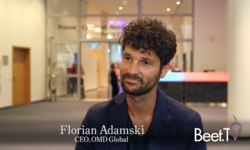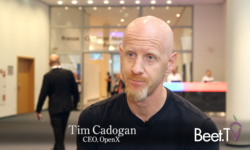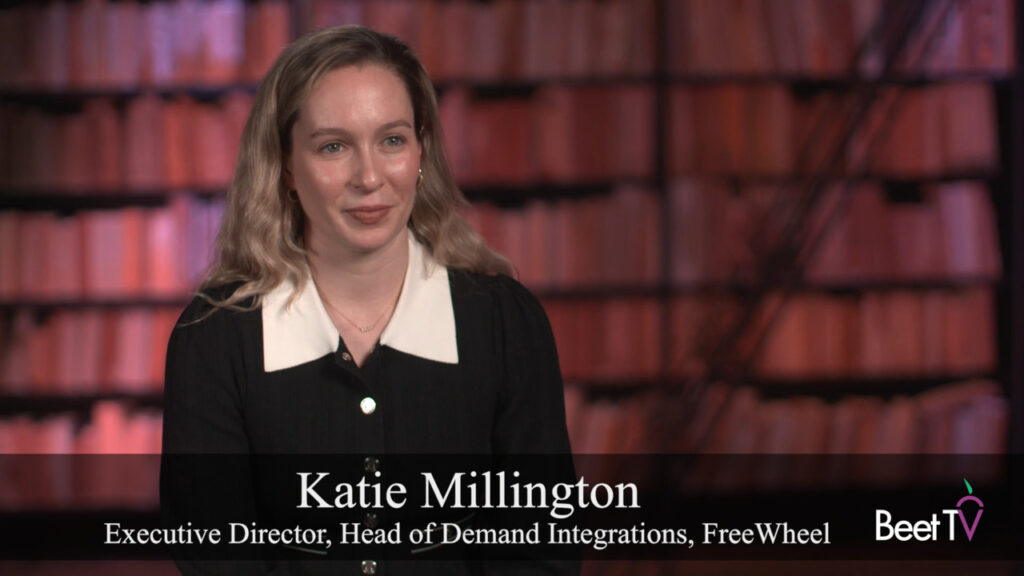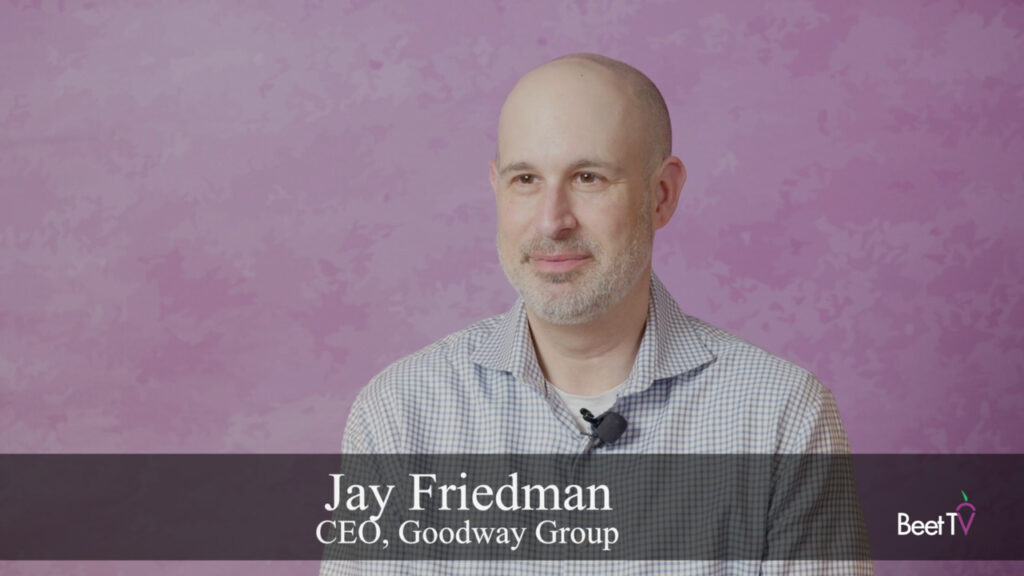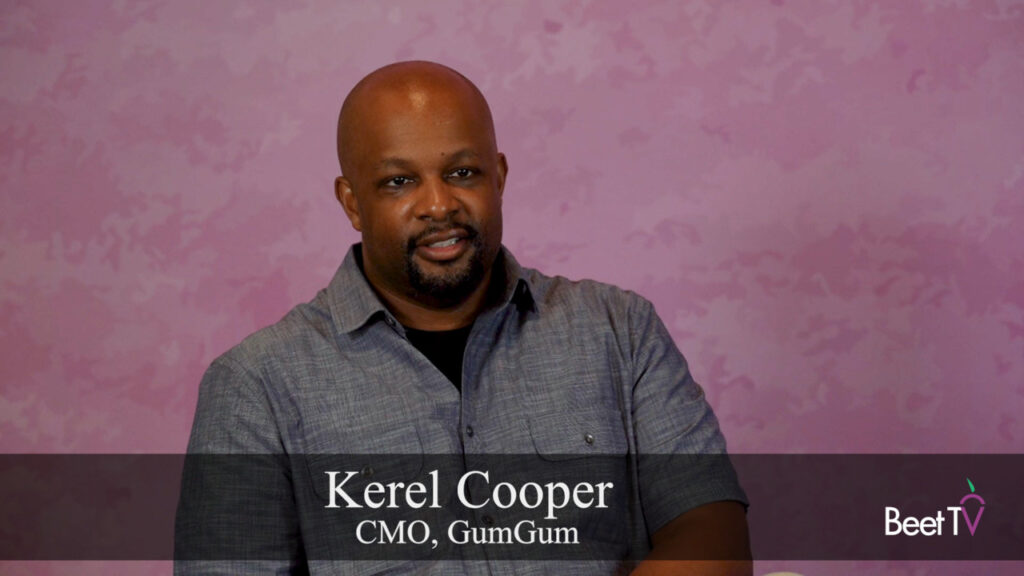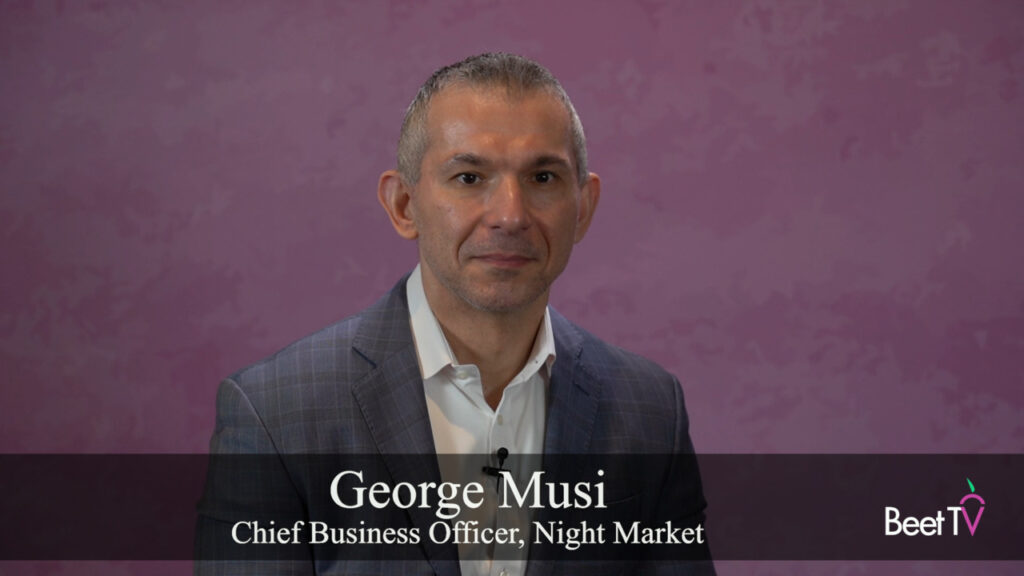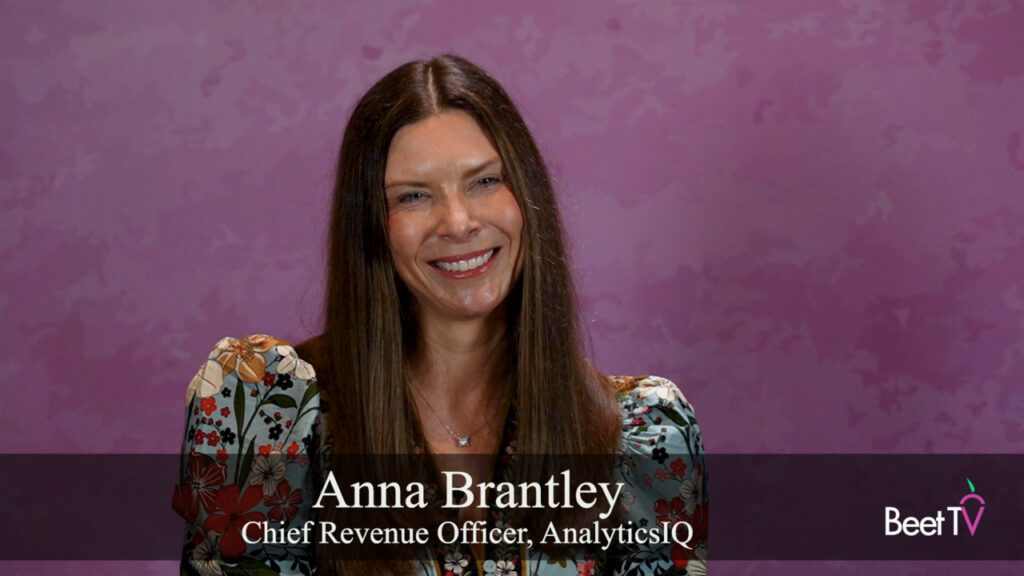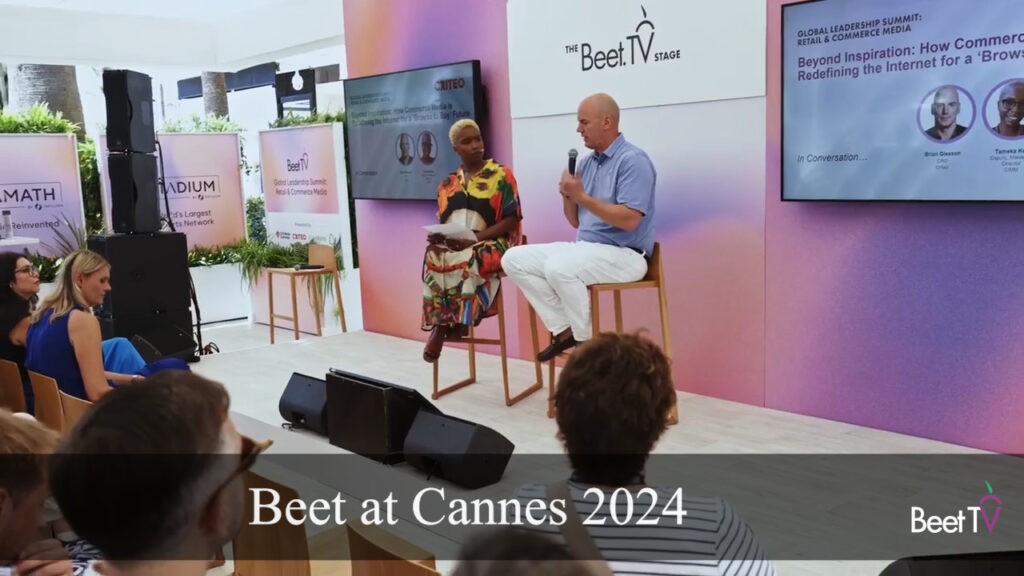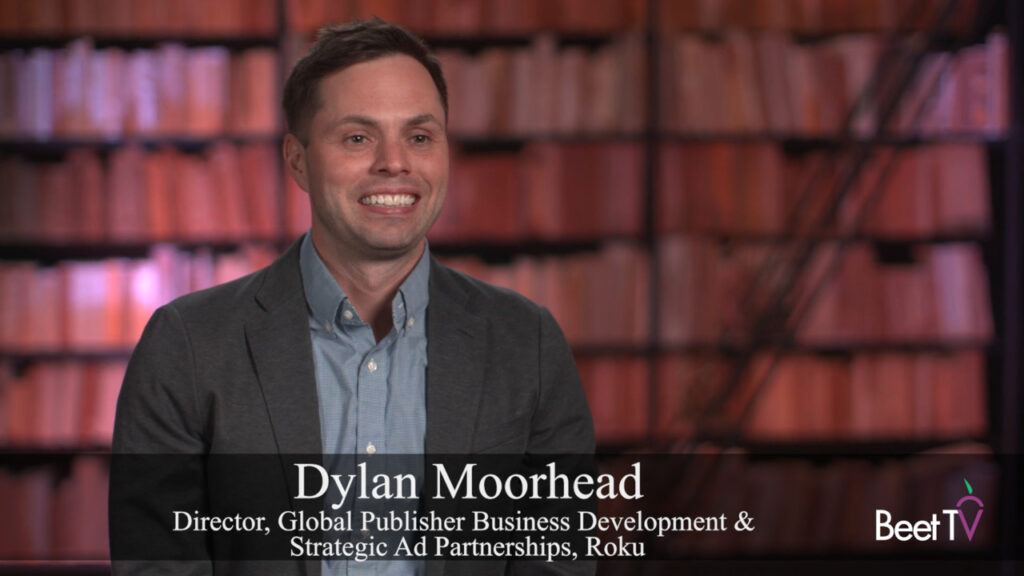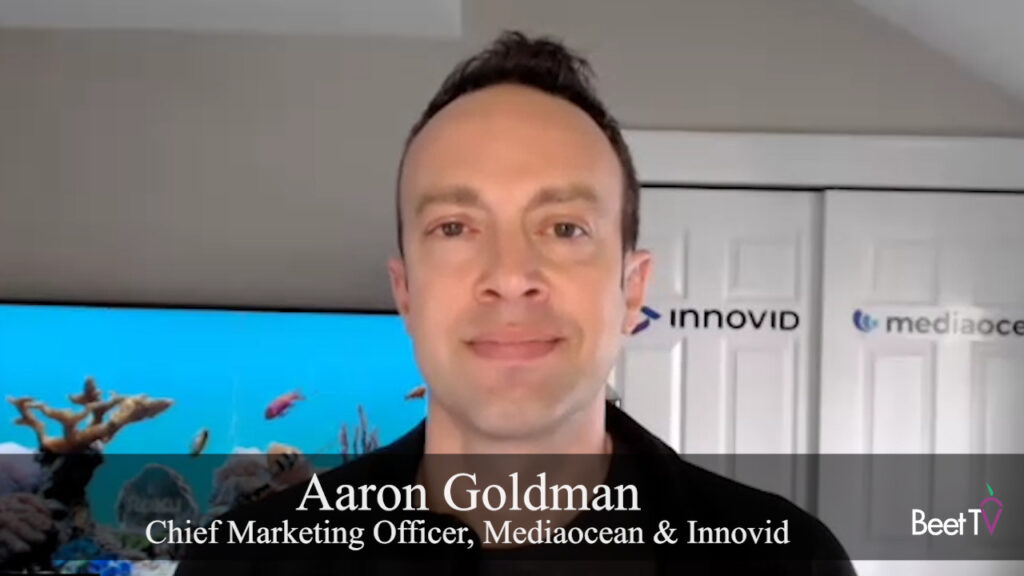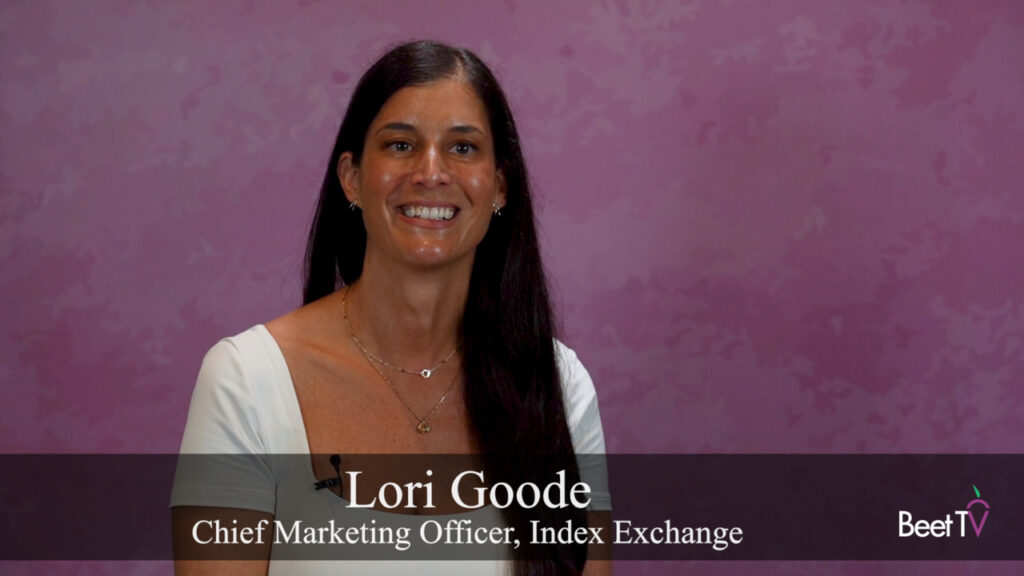COLOGNE — In a post-cookie, multi-device world, marketers who want to reach the right consumer are going to need to do so on which ever screen they may be using.
Against new regulatory limits, that brings untold complexity. So, could artificial intelligence help move marketing forward?
Ad-tech firm MediaMath thinks so. That is why, a year ago, it struck a partnership to work collaboratively with IBM’s Watson AI division on developing AI application for ad-tech,
In this video interview with Beet.TV, MediaMath international MD Dave Reed explains how machines could help target humans.
“If you think about the thousands of decisions that any marketer has to make for any one consumer per day just in paid media, and then if the ideal is to actually take it not just paid but owned and earned, you get to a quantity of decisions and number of complexities and variables that is impossible to pre-sort and rule-base off of,” he says.
“That’s where we think AI comes in. Certain things, to me at least, that we’re working on are that by leveraging that AI to really think about, ‘How do we take inputs like application behavior for brands that have applications or site behavior or past purchases or purchases from other brands or any of this wealth of information that’s exogenous to the media world?’, right?
“It has nothing to do with CPMs or CPCs or any of that. And leverage that to deliver better, more tailored, messaging. I think that’s really exciting.”
The excitement becomes particularly pertinent in a digital world beyond desktops.
Many of the devices consumers use to do their digital business are not trackable using conventional cookies, but marketers still need to develop a holistic understanding of a single consumer, regardless the devices she uses.
Says Reed: “To get full profiles of people, you really need to have an identity that is persistent and able to track across things like marketing tech like CRM email and SMS and push and things like that as well as paid media.
“The cookie is increasingly less relevant for tracking, and it becomes more so as device manufacturers like Apple increasingly don’t accept it by default, with Mozilla’s effort to get rid of the cookie and just, in general, people not allowing themselves to be tracked.”
This interview is part of a series titled Advertising Reimagined: The View from DMEXCO 2018, presented by Criteo. Please find more videos from the series here.













